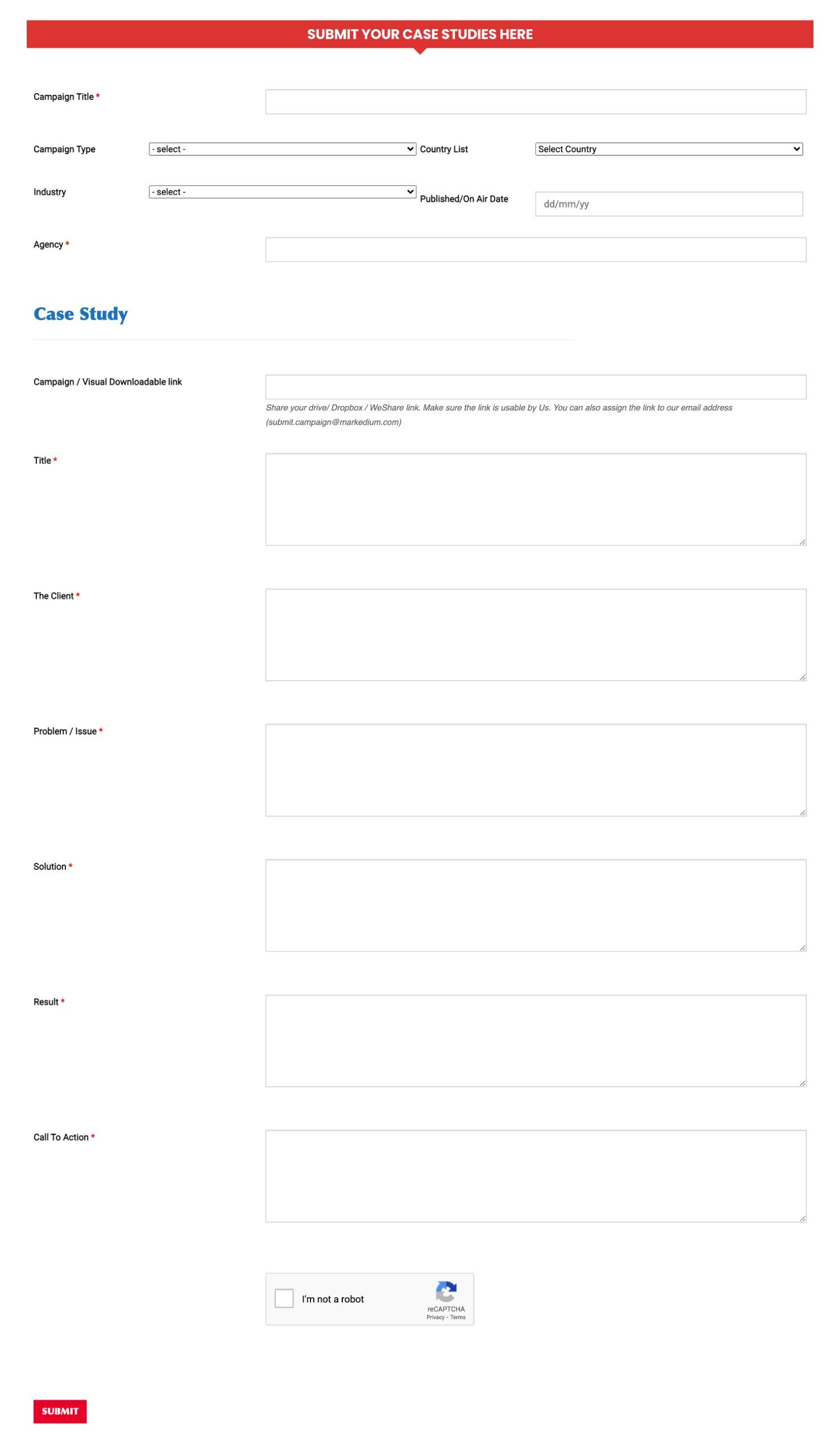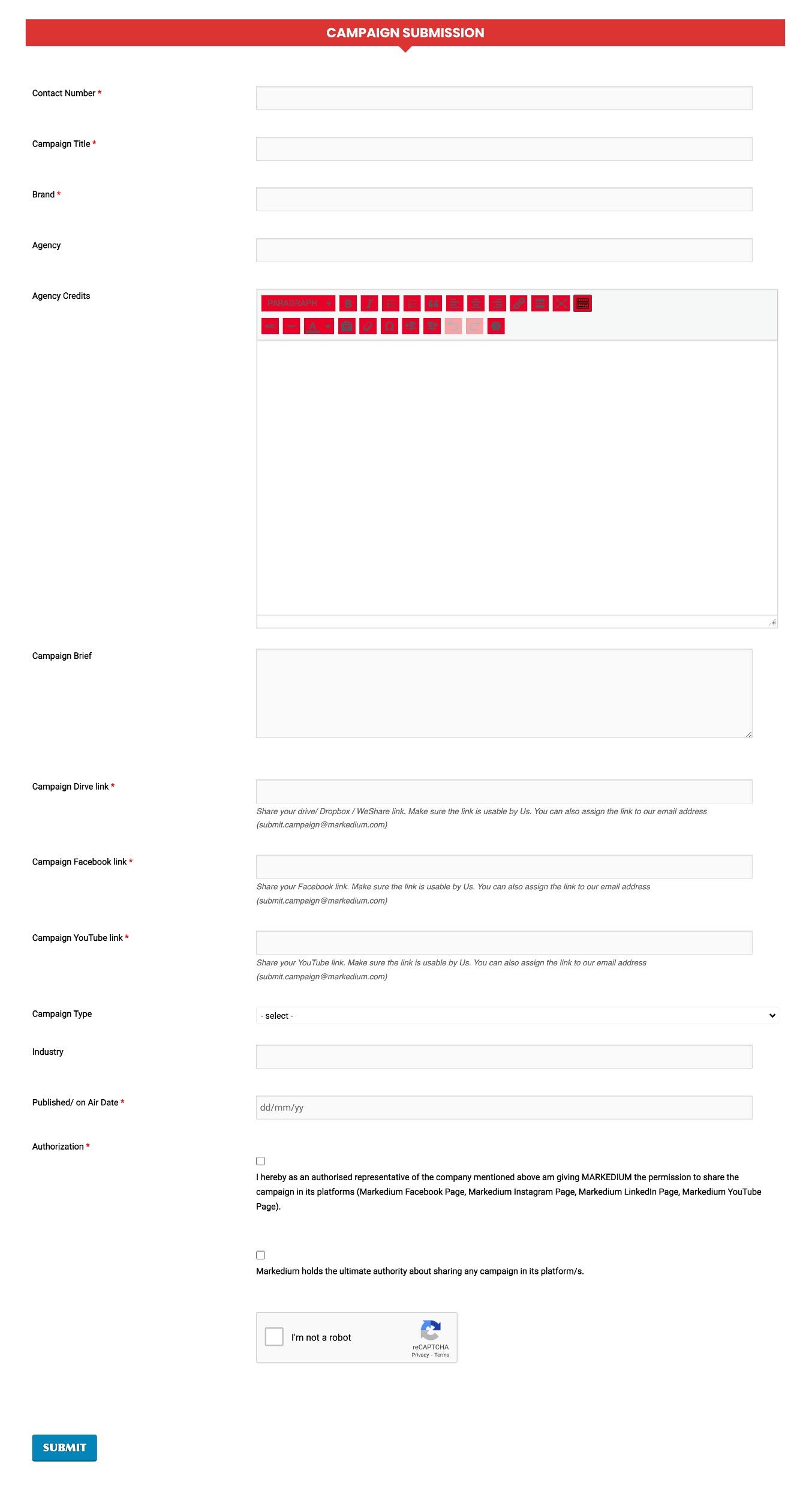
Government Targets Cashless Economy by 20312 min read
With the vision of modernization and financial digitization, Bangladesh’s government has announced an ambitious plan to transition the entire country to a cashless economy by 2031. This announcement was made by a senior official from Bangladesh Bank, outlining the Prime Minister’s targets of achieving 30% of transactions in a cashless format by 2025 and reaching a full 100% by 2031.
Speaking at a workshop titled “Way Forward to Increase Cashless Payment,” organized by the Bangladesh Association of Software and Information Services (BASIS), Md Mezbaul Haque, an executive director of the central bank, underscored the government’s commitment to revolutionizing the nation’s financial landscape. However, Haque expressed concerns over the lack of effective promotion of cashless payment apps by banks, pointing out that many bank officials are unfamiliar with their own apps.
Criticism was also directed at banks for their failure to capitalize on acquired merchants, with Haque emphasizing the need for banks to educate their officials and customers alike on the benefits of cashless transactions. Moreover, he warned that if customers are not adequately served with digital payment services, Bangladesh Bank may discontinue certain free services provided to banks.
Fahim Mashroor, chairman of the BASIS standing committee on fintech and digital payment, highlighted the necessity for enhanced coordination between Bangladesh Bank and the National Board of Revenue (NBR). He expressed concerns that recent NBR regulations might discourage digital payments and urged for greater collaboration between banks and fintech companies to promote digital payment solutions effectively.
During the workshop, participants emphasized the importance of simplifying existing mobile apps, ensuring seamless transfer of digital payments, and lowering transaction costs to incentivize cashless transactions. Despite progress in digital transactions, challenges remain, particularly for merchants who find cash transactions more economically viable due to lower costs.
In response, suggestions were put forward to incentivize digital transactions, including offering cashback to customers and incentives to merchants. These measures are seen as not only promoting financial transparency but also potentially boosting government revenue through increased VAT and tax collections.
As Bangladesh strides towards a digital future, the government’s vision for a cashless economy by 2031 signals a transformative shift in the country’s financial landscape. While challenges persist, stakeholders are optimistic about the potential benefits of the widespread adoption of digital payment solutions, both for the economy and for fostering greater transparency in financial transactions.
For more updates, follow Markedium.


